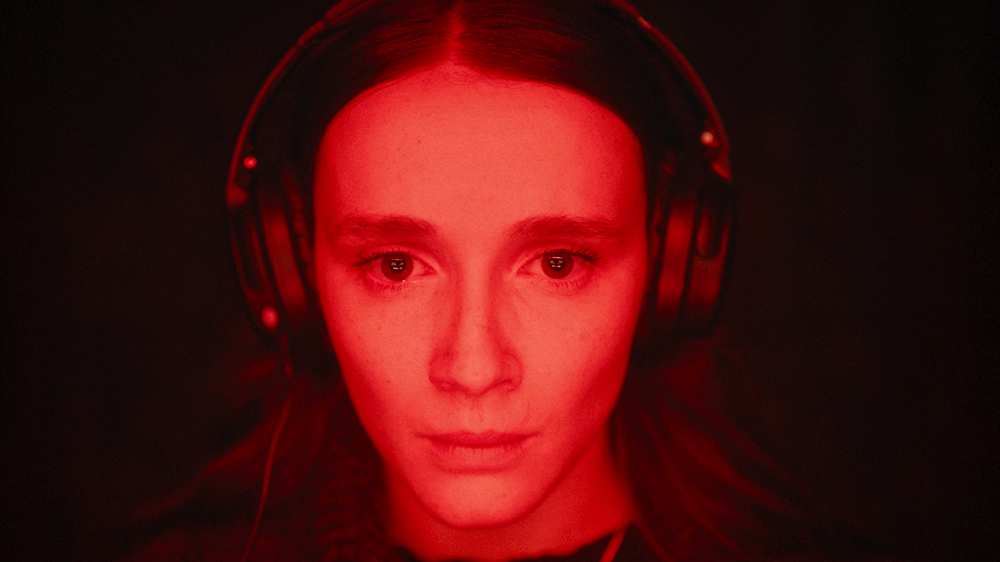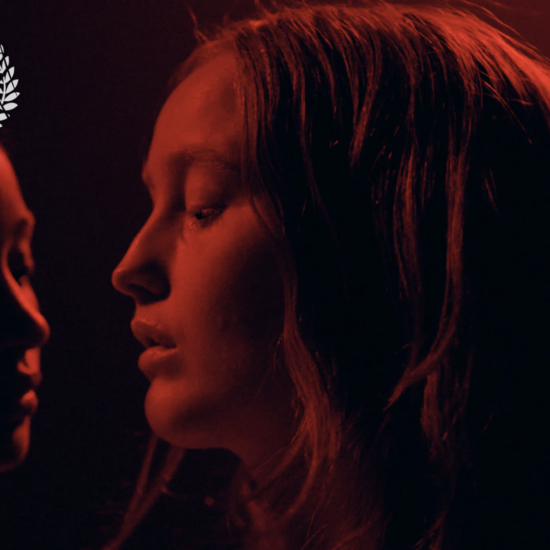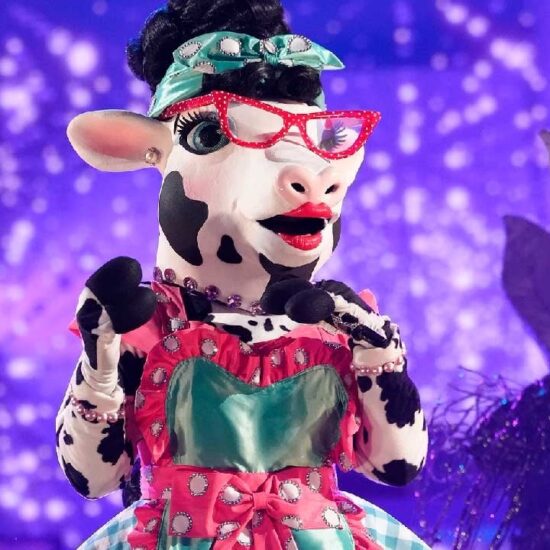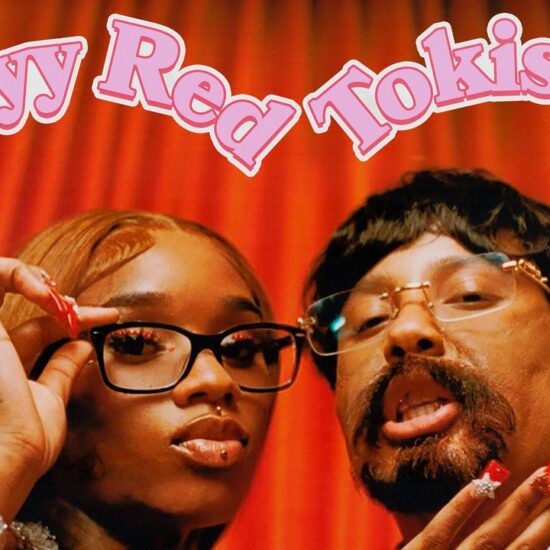
In “Red Rooms,” Pascal Plante didn’t want to show explicit images of violent killings. He wanted to talk about them instead.
“During the pandemic, we have been spending all this time in front of our screens, consuming violent images in a very detached way. Realizing that led me to the dark web, basically,” he tells Variety.
His “sort of cyber thriller and sort of courtroom drama” – world premiering at Karlovy Vary Film Festival before opening Canada’s genre fest Fantasia – revolves around the high-profile trial of Ludovic Chevalier (Maxwell McCabe-Lokos), accused of murdering teenage girls and selling videos of his exploits.
“It was very deliberate not to show it. I have been listening to crime-related podcasts and they feel even creepier. This way, the audience almost wants to see them. In a weird, morbid way,” he says.
“This film is about the psychological consequences of extreme violence. I really don’t want it to be perceived only as controversial, but it can make you very uncomfortable.”
Plante wanted to take a closer look at people – especially women – who are attracted to darkness.
“It’s such a widespread phenomenon. Maybe it has something to do with their upbringing? With that ‘bad boy’ image pushed to the extreme, with a belief that ‘with my love and understanding, I can change him?’,” he wonders.
“Charles Manson kept receiving 20,000 letters a year until he died, including marriage proposals. We still glamorize these killers, so the goal was to flip that.”
Still, tech-savvy Kelly-Anne (Juliette Gariépy) is not a typical groupie. While she obsessively follows the trial and even befriends another one of Chevalier’s “fans,” she also knows where to look for the missing video of a murdered 13-year-old.
“We didn’t want a 2.0 version of Lisbeth Salander,” stresses Plante, mentioning the iconic “Millennium Trilogy” heroine.
“We were mostly inspired by witches. Here, hacking is modern witchcraft. It’s ambiguous whether she is a supervillain or a superhero. I didn’t want to label her, but there is this term ‘hybristophilia’ [sexual interest in those who commit crimes]. She is like Bonnie, when Clyde pulls out his gun. She is attracted to that.”
Admitting there is a “dash of Fincher” in the story, he also mentions Austrian auteur Michael Haneke.
“There is this thrilling play between the filmmaker and his audience in ‘Funny Games.’ We binge-watch so many true-crime shows about serial killers or investigations these days, but there is another element to this triangle: the people who are watching, and there are many of them.”
While trying to make his film seem authentic, Plante also kept his distance “in a sane way,” he notes.
“We see this story through Kelly-Anne’s point of view. At first, she just coldly observes everything, but she then dives into fantasy. It’s true-crime meets genre cinema, which I think is really thriving right now. It has the best audience. For them, when it’s weird, it’s good.”
Or when it’s ambiguous.
“All these killers, they’ve had enough attention already. There are enough people analyzing their background. I am against this Freudian concept of explaining everything. When someone asks about the root of evil, it’s much more disturbing if the answer is: ‘I don’t know’.”
“Red Rooms” was produced by Dominique Dussault for Nemesis Films.












